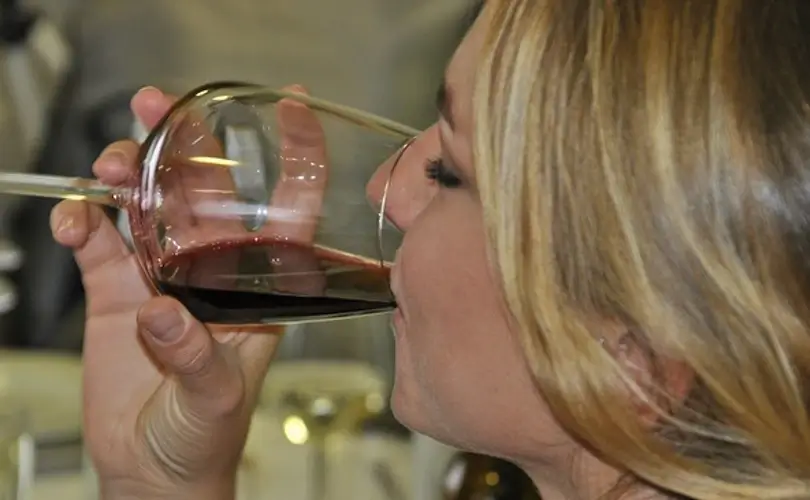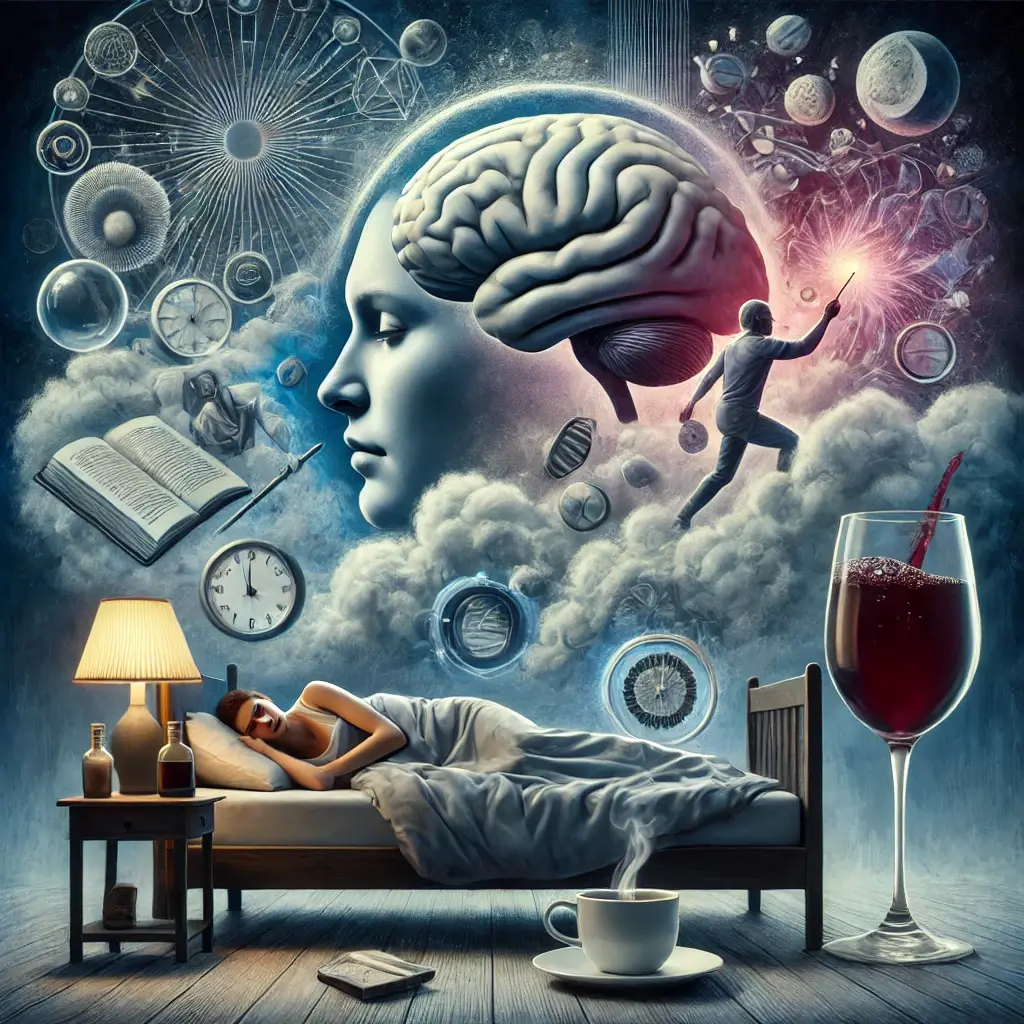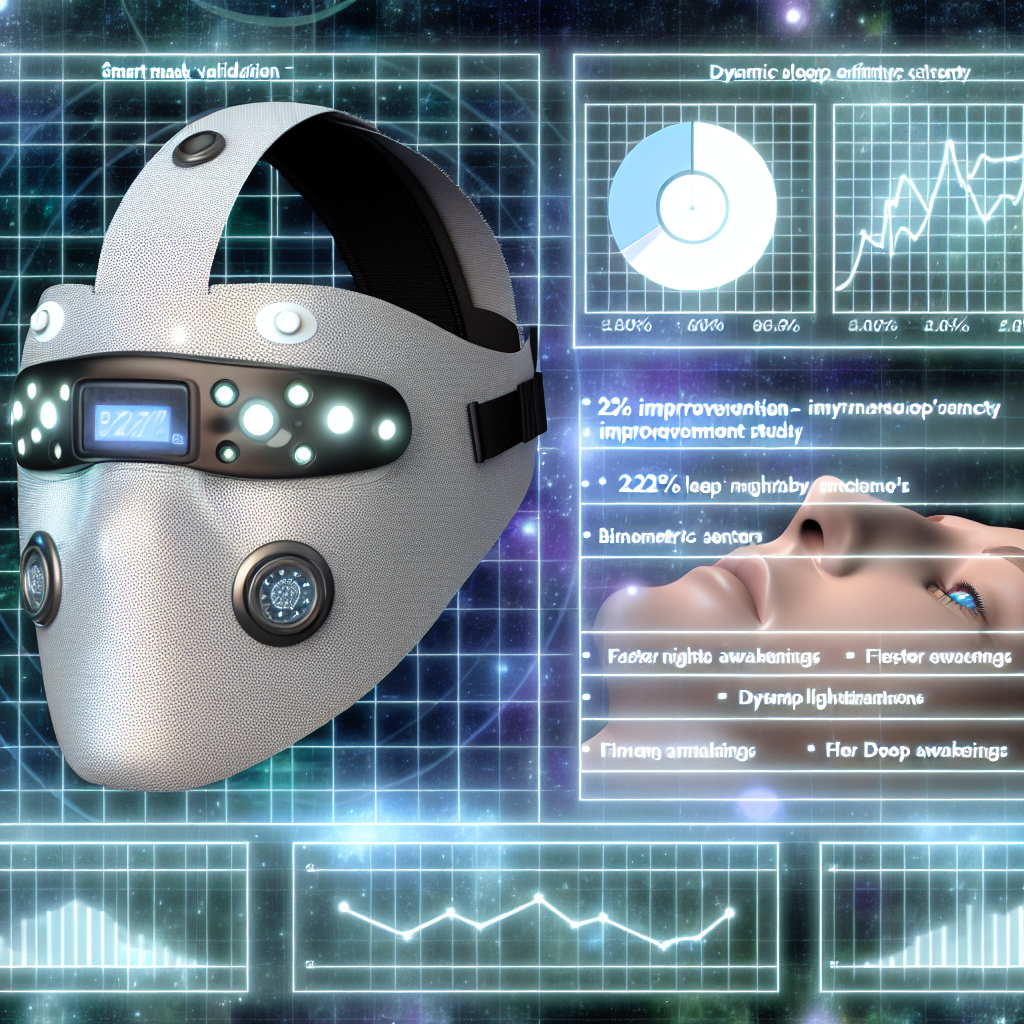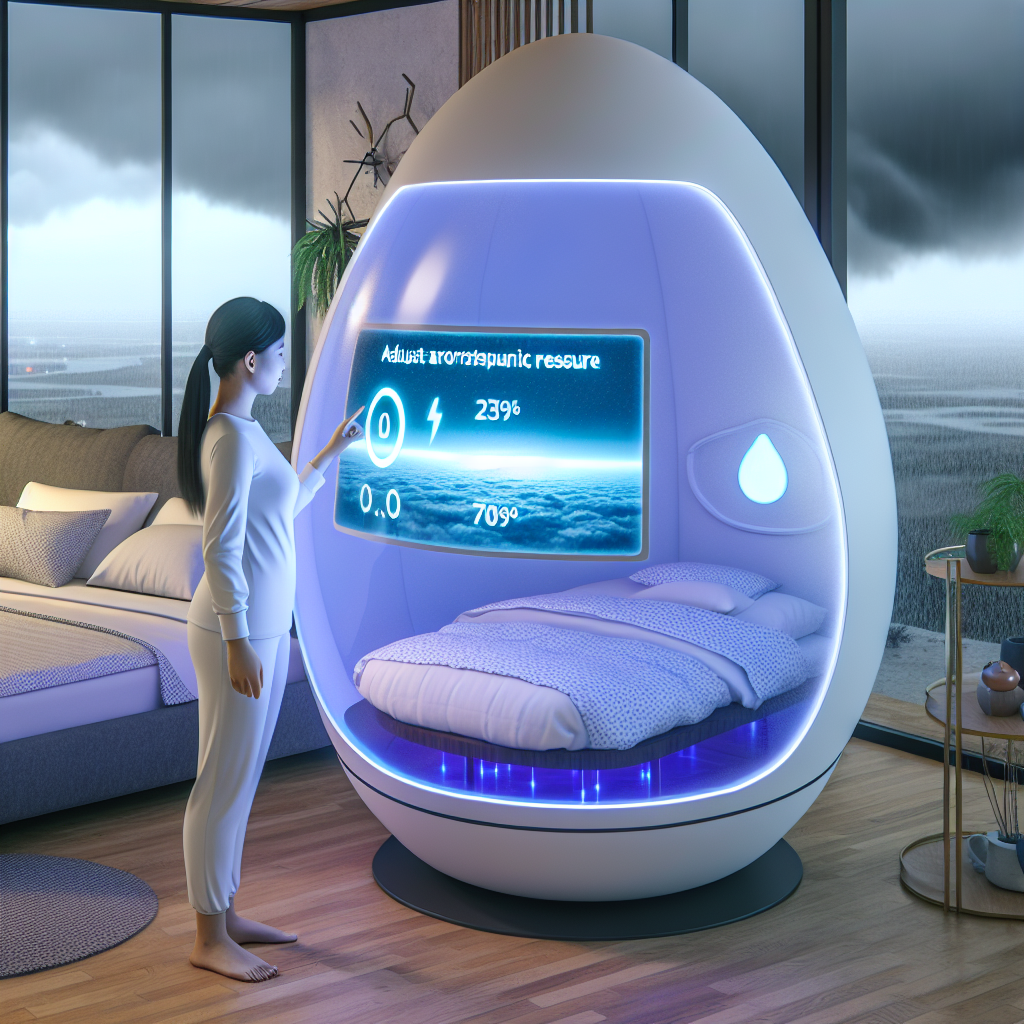Alcohol consumption and getting a sufficient amount of quality sleep are incompatible for various reasons. A couple of them are as follows: Alcohol prevents you from entering the rapid eye movement (REM) stage of sleep, throws off your circadian clock, causes dehydration, and messes with the ratio of the various stages of sleep. But arguably, the most significant reason why drinking alcohol and getting a good night’s sleep are incompatible is that drinking alcohol results in a hangover the following day.
Alcohol Has an Inhibitory Effect on REM Sleep
Alcohol has long been considered a sedative with little risk and can be obtained cheaply, yet excessive alcohol can cause sleep disruptions. After consuming alcohol for four weeks, your body will no longer feel the sedative effects of the alcohol. Still, it will continue to be affected by its features that disrupt sleep. This is true even if you don’t consume alcohol very frequently. Consequently, drinking alcohol can cause problems with REM sleep, an essential component of the overall sleep cycle.
Alcohol Disturbs Your Circadian Rhythm
When you drink alcohol, you disrupt your circadian rhythm, which regulates the daily cycles within your body. Because drinking alcohol causes an increase in levels of the hormone adenosine, it disrupts this rhythm. As a result, increasing this hormone before going to bed can keep you up for longer than you should be, as it is the hormone that controls sleep cycles. In addition, alcohol prevents your body from generally responding to the cues provided by light.
Alcohol use alters the normal progression through the phases of sleep.
According to several studies, alcohol consumption can change the normal progression of sleep stages. Alcohol increases deep sleep during the first few sleep cycles but decreases REM sleep. This led to a form of rebound sleep, which differs from REM sleep in that it is less deep and more easily disrupted. Alcohol is a diuretic, which stops the body from reabsorbing water and makes urine more acidic. Additionally, it makes sleeping difficult.
Alcohol Can Cause Dehydration
Consuming an excessive amount of alcohol can disrupt the natural rhythm of sleep, which can, in turn, increase the likelihood of early morning awakenings caused by the need to use the restroom. Additionally, it lowers efficiency, which makes it more challenging to control one’s sleep pattern. Therefore, consuming no more than one or two alcoholic beverages daily is adequate. If you consume alcohol in the evening, it is strongly recommended that you do not remain up late or drink any water. Consuming more water the next day will be more beneficial than reducing the water you consume throughout the night because alcohol tends to create dehydration.
The effects of sleeplessness might be made worse by drinking alcohol.
Are you having trouble sleeping? Drinking alcohol can make it difficult to fall or stay asleep. It has the potential to disrupt your REM sleep and cause you to feel sleepy, both detrimental to the natural progression of your sleep cycle. In addition, alcohol slows down the activity in the brain, which might cause insomnia. A significant number of research have established a connection between alcohol consumption and various health issues.

Dominic E. is a passionate filmmaker navigating the exciting intersection of art and science. By day, he delves into the complexities of the human body as a full-time medical writer, meticulously translating intricate medical concepts into accessible and engaging narratives. By night, he explores the boundless realm of cinematic storytelling, crafting narratives that evoke emotion and challenge perspectives.
Film Student and Full-time Medical Writer for ContentVendor.com




